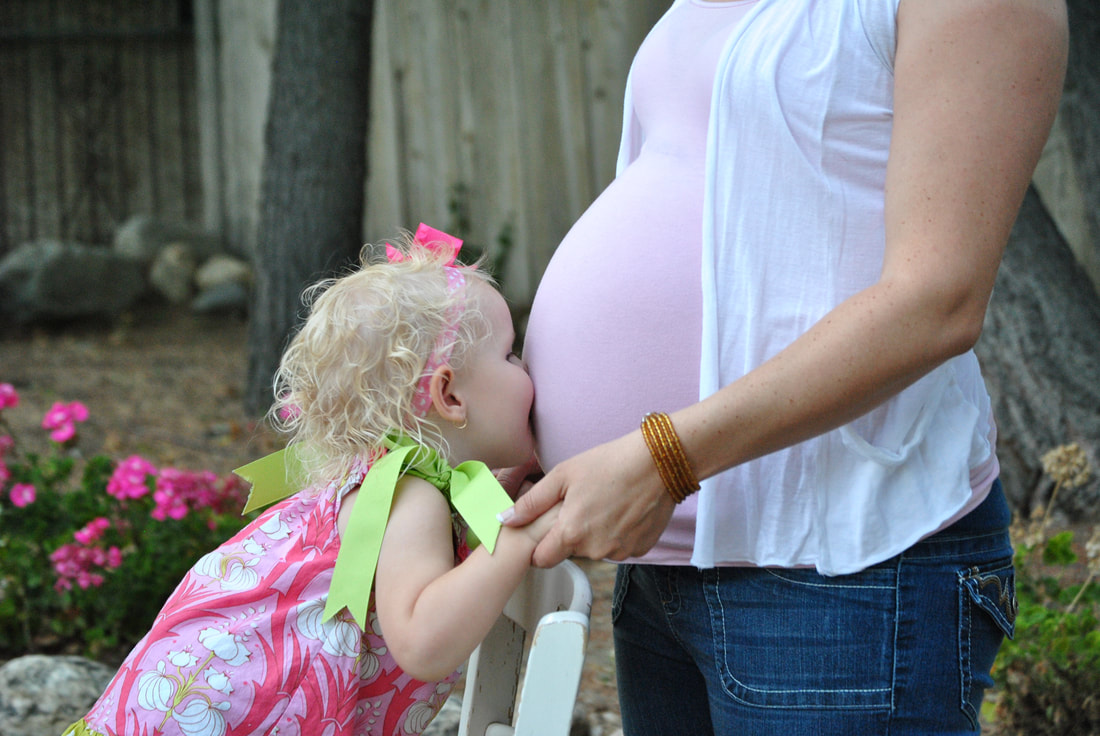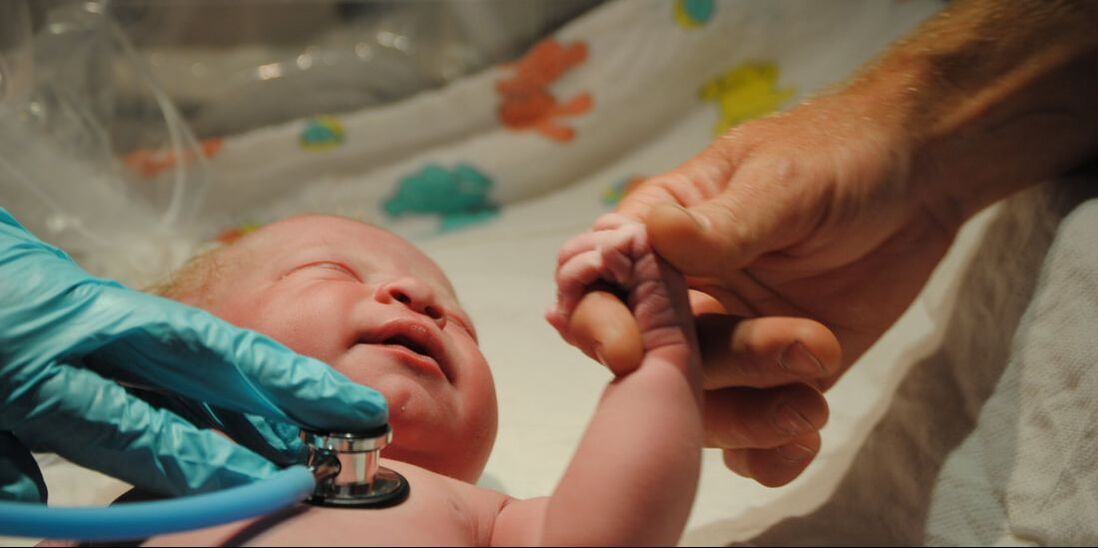Virtual and in-person opportunities
Register for the Childbirth Educator Training and gain the confidence to offer private, hospital and community classes
|
CAPPA trainings are designed to educate and equip the contemporary perinatal professional for a successful career in a fun, supportive, and collaborative environment. Trainings are evidence based and comprehensive, and are designed to appeal to all learning styles. Students will enjoy engaging and interactive instruction, with practical and real-world scenarios. CAPPA instructors have in depth knowledge and follow standardized curriculums to ensure the highest quality training and most comprehensive perinatal education for CAPPA Certification programs. As one of the first and most comprehensive perinatal organizations in the world, CAPPA is respected for its longevity, stability, and its commitment to excellence in both education and unsurpassed student and member support.
Childbirth Educator Scope of Practice
CAPPA Childbirth Educators fill an important role in educating and supporting families and the community by providing comprehensive, evidence-based information. As respected professionals, CAPPA Childbirth Educators work in public-health clinics, hospitals, care-providers’ offices, and private settings throughout the world. How Childbirth Educators work with families Childbirth Educators works with families during pregnancy, offering support, encouragement, information, and referrals as needed. Childbirth Educators can be found working in a variety of settings to offer their services to families. Families can find them working as public health educators, hospital/community educators, in care providers’ offices and in private practice as educators. How Childbirth Educators work within the healthcare system Childbirth Educators are educators, not clinicians. Therefore Childbirth Educators work within the healthcare system by offering appropriate referrals when their observance uncovers situations that require healthcare attention or support. Clinical Limitations of Childbirth Educators CAPPA Childbirth Educators are non-clinical professionals. CAPPA Childbirth Educators do not dispense medical advice, diagnose medical conditions, or prescribe/administer medications or treatments of any kind. Educators do not offer information that directs families to act against medical advice. CAPPA Standards CAPPA Childbirth Educators work within CAPPA’s standards of practice to uphold the following (available to read as individual documents): code of conduct, a grievance policy, mission statement, vision statement, organization philosophy, and social media policy. CAPPA Childbirth Educators use current evidence based information in their practice. They maintain their knowledge and skills through continuing education. They work within the legal framework of their individual community and region. Certified Childbirth Educators secure employment in a variety of places including, WIC offices, hospitals, community programs or private practice. Nurses, Doulas and Midwives often attend the course to compliment the services they already provide.
|
CAPPA Childbirth Educators
Learn More about the Certification options (including dual certifications) at CAPPA Credits
The CCCE training is an exceptional value. Students are awarded 18 CAPPA Contact Hours. Registered Dietitians: should maintain a copy of the agenda and certificate of attendance for confirmation on hours accepted under their Professional Development Portfolio Students interested in certifying, should follow the list for traditional and accelerated certification options. Learn more about the Certified Childbirth Educator Course Agenda Course Objectives Course Description Commonly Asked Questions Are you ready to begin your career as a Childbirth Educator or gain more evidence-based information and skills? Sign up now for the next CCCE Training in your area. After you complete registration and payment, you will receive your pre-training Study Guide and pre-course assignments one week prior to the course.
|
HoursW-F 9 am-5 pm
|
Telephone951.809.7827
|
|
ADDRESS
PO Box 1431 Banning, CA 92220
Birthing, Bonding & Breastfeeding website is for information only and does not constitute medical advice or recommendation.
For medical advice, please consult a physician. You must not rely on the information on this website as an alternative to medical advice from your doctor or other professional healthcare provider.If you have any specific questions about any medical matter you should consult your doctor or other professional healthcare provider.If you think you may be suffering from any medical condition you should seek immediate medical attention.You should never delay seeking medical advice, disregard medical advice, or discontinue medical treatment because of information on this website.
Photographs supplied by Erin Espinoza, Jen Beeson and other individuals all rights reserved.
2018 Birthing, Bonding & Breastfeeding
For medical advice, please consult a physician. You must not rely on the information on this website as an alternative to medical advice from your doctor or other professional healthcare provider.If you have any specific questions about any medical matter you should consult your doctor or other professional healthcare provider.If you think you may be suffering from any medical condition you should seek immediate medical attention.You should never delay seeking medical advice, disregard medical advice, or discontinue medical treatment because of information on this website.
Photographs supplied by Erin Espinoza, Jen Beeson and other individuals all rights reserved.
2018 Birthing, Bonding & Breastfeeding


